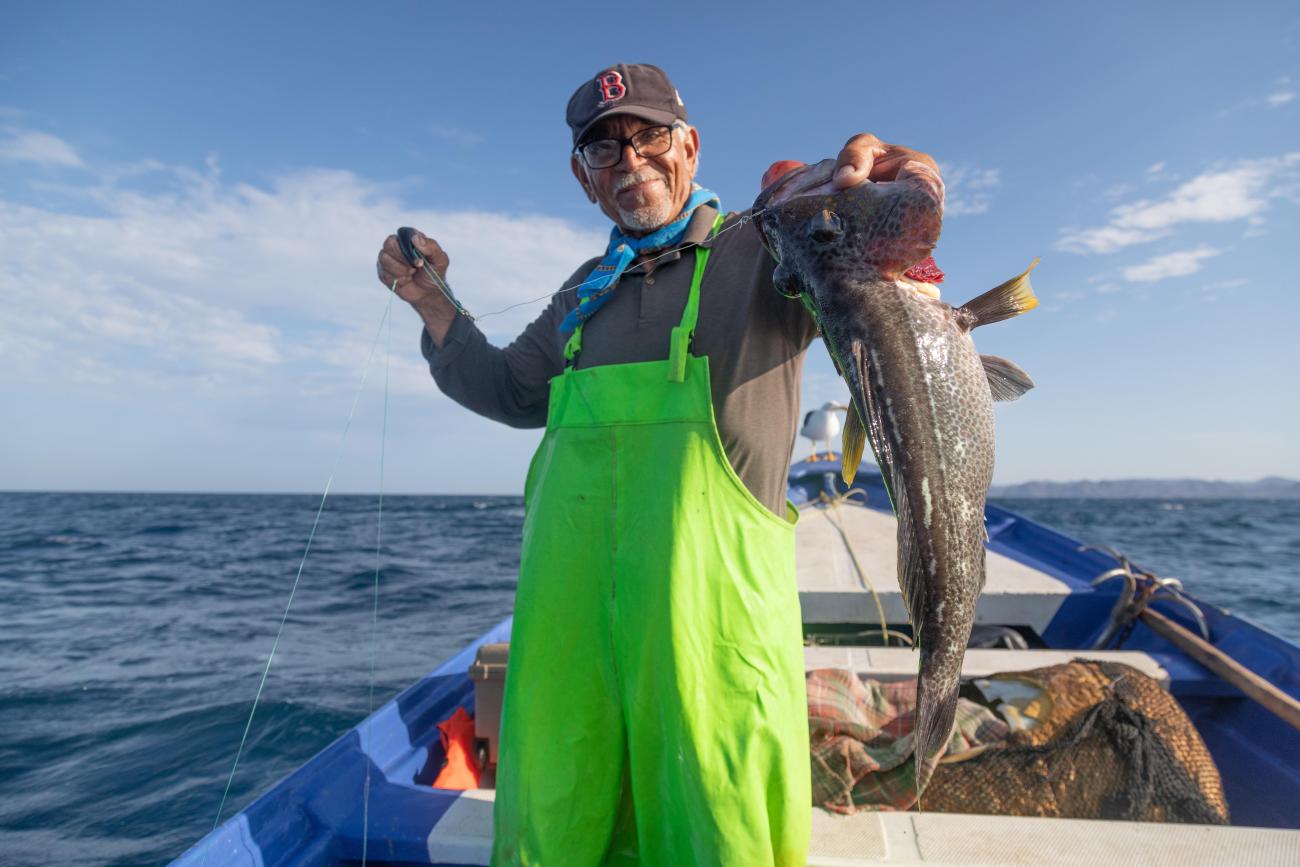Seafood Group Issues Guidance on Social and Environmental Responsibility
Following investigations into forced labor in the seafood sector in India, China and North Korea, an industry group is urging supermarkets, restaurants and other businesses to ramp up their efforts to eradicate human and labor rights abuses from their supply chains. To help companies in these efforts, the Conservation Alliance for Seafood Solutions has introduced a set of guidelines, measures and resources.
Released ahead of the world’s largest seafood industry event, the Seafood Expo Global, taking place April 23-25 in Barcelona, The Guidance for Companies on Environmentally and Socially Responsible Seafood marks the first time that the 16-year-old alliance is urging the industry to prioritize such issues fair wages, safe and humane working conditions, and equitable opportunities for workers.
[RELATED: Walmart, Albertsons Among 1st to Sign Tuna Transparency Pledge]
“The latest human and labor rights investigations confirm that the industry is facing a sea change,” noted Ryan Bigelow, project director for the San Francisco-based alliance. “While progress is being made, it’s clear that it’s time for the industry to meet this issue with the urgency it deserves. Prioritizing human rights alongside conservation is not just the right thing to do; it’s the best thing companies can do to future-proof their businesses from consumer backlash and reputational damage.”
Continued Bigelow, “Companies of all sizes – from mass market retailers to family-owned sushi restaurants – have the power to apply pressure on suppliers, spur reforms, and create new markets, models and supply chains that safeguard workers and the environment.”
Seafood involves complex supply chains, often passing through various intermediaries and countries before reaching the end consumer. It’s especially prone to exploitation, since the majority of operations take place in remote, high-seas areas, far from regulatory oversight, or in countries where auditing firms have limited ability to effectively monitor supply chains. The United States bans products made with forced labor.
The guidance provides a toolkit and checklists for businesses that include a due diligence model that companies can use to identify, assess and mitigate human rights and environmental risks in their operations and supply chains, based on globally accepted frameworks. It also offers nearly 100 actionable resources to inform businesses’ work and gauge their progress, including sustainable seafood commitments made by dozens companies, as well as 45 real-world examples showing how businesses of various sizes and types across seafood supply chains, including retailers, have successfully put steps in place to protect the ocean, people, and communities.
According to Bigelow, the guidance is key to achieving the alliance’s 2030 goal that at least 75% of global seafood production should be environmentally responsible or make verifiable improvements, with safeguards implemented to ensure social responsibility. As of last year, about 46% of the industry is making steady progress. To achieve these goals, he emphasized the importance of more companies joining in and those already committed to advancing such practices adopting broader, more transparent processes.
The guidance was developed in collaboration with a working group comprising industry experts, practitioners, and academics from organizations such as Fishwise, Seafood Watch and New England Seafoods.
Founded in 2008, the alliance represents more than 150 seafood enterprises, including Bumble Bee and Nestle Purina, NGOs, and environment and human rights experts in 30 countries. In North America, more than 20 of the top 25 retailers, among them Costco, Kroger, Target and ALDI, have established sustainable seafood partnerships with nonprofits within the alliance.







